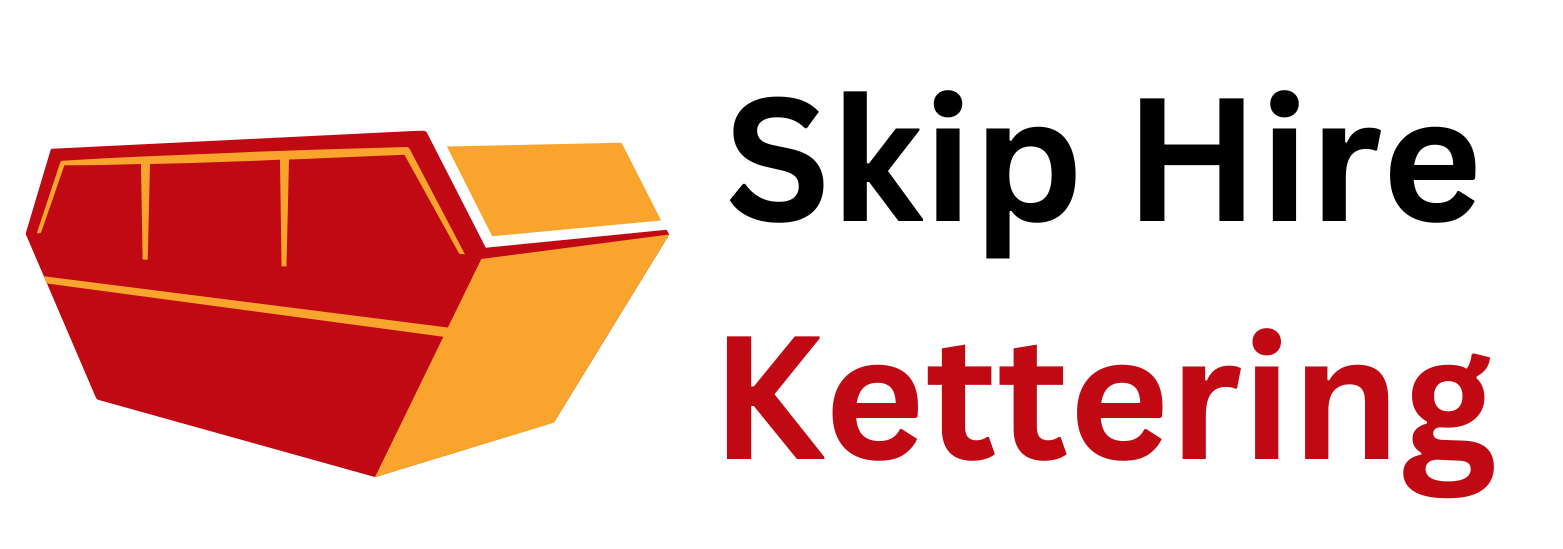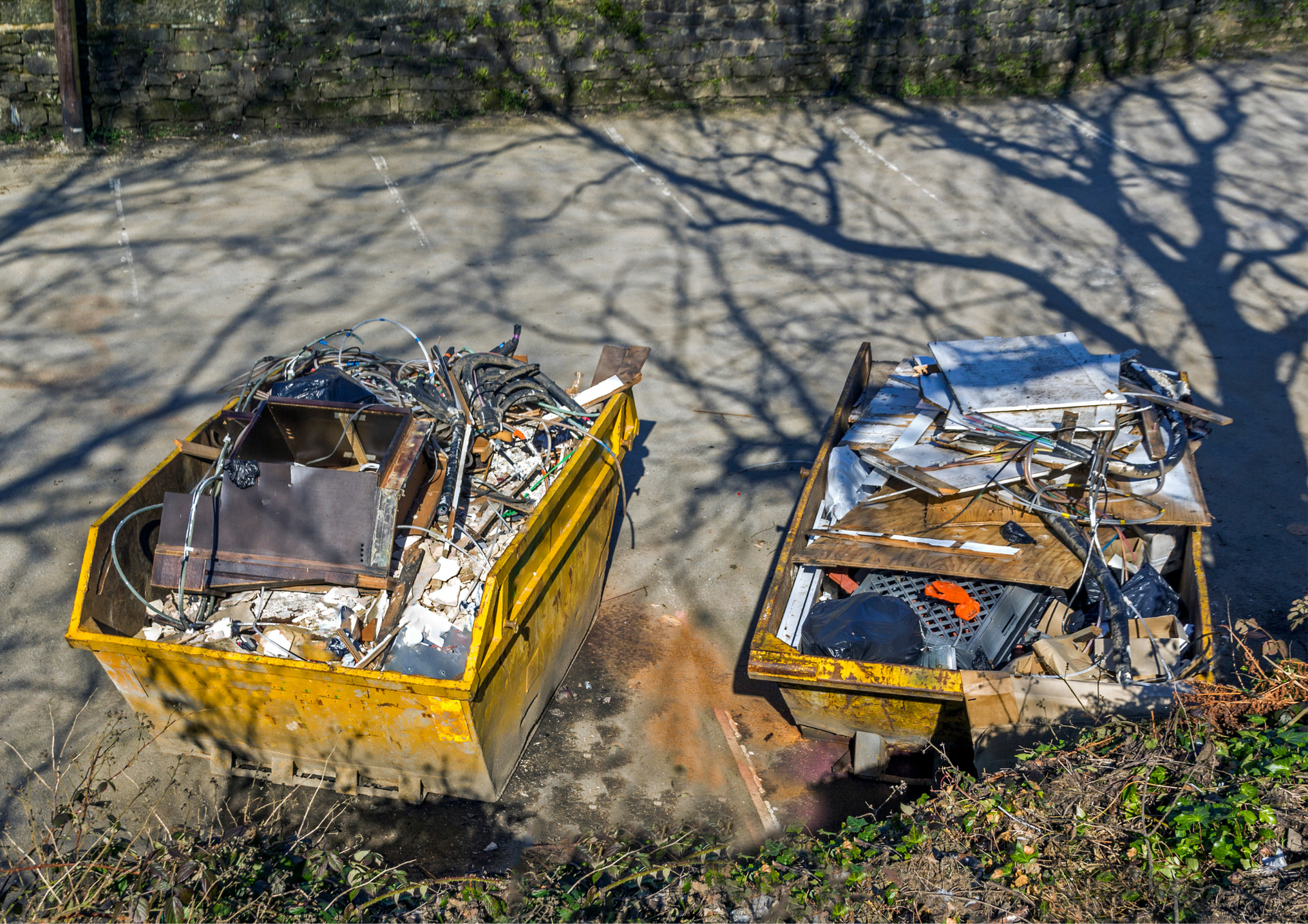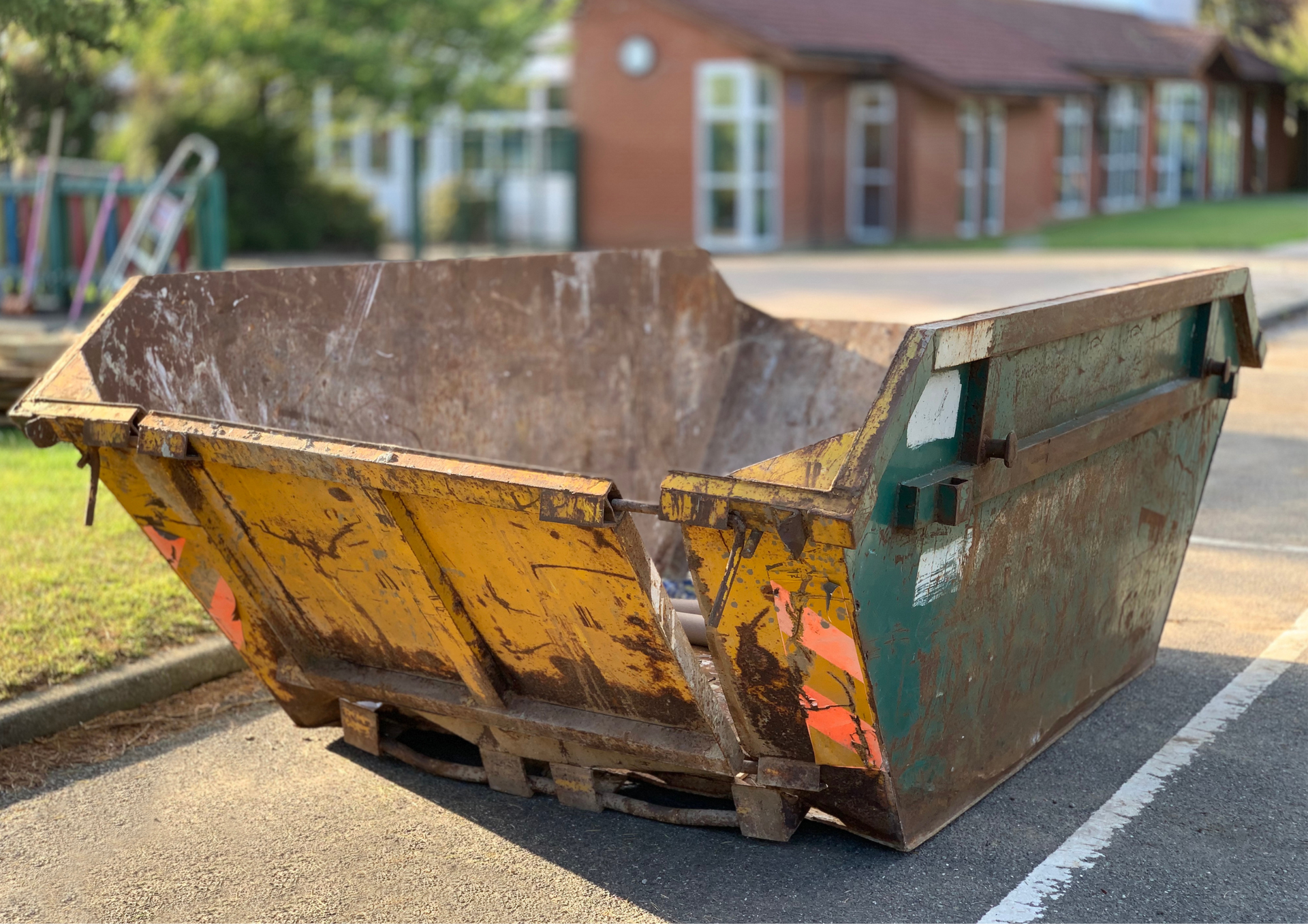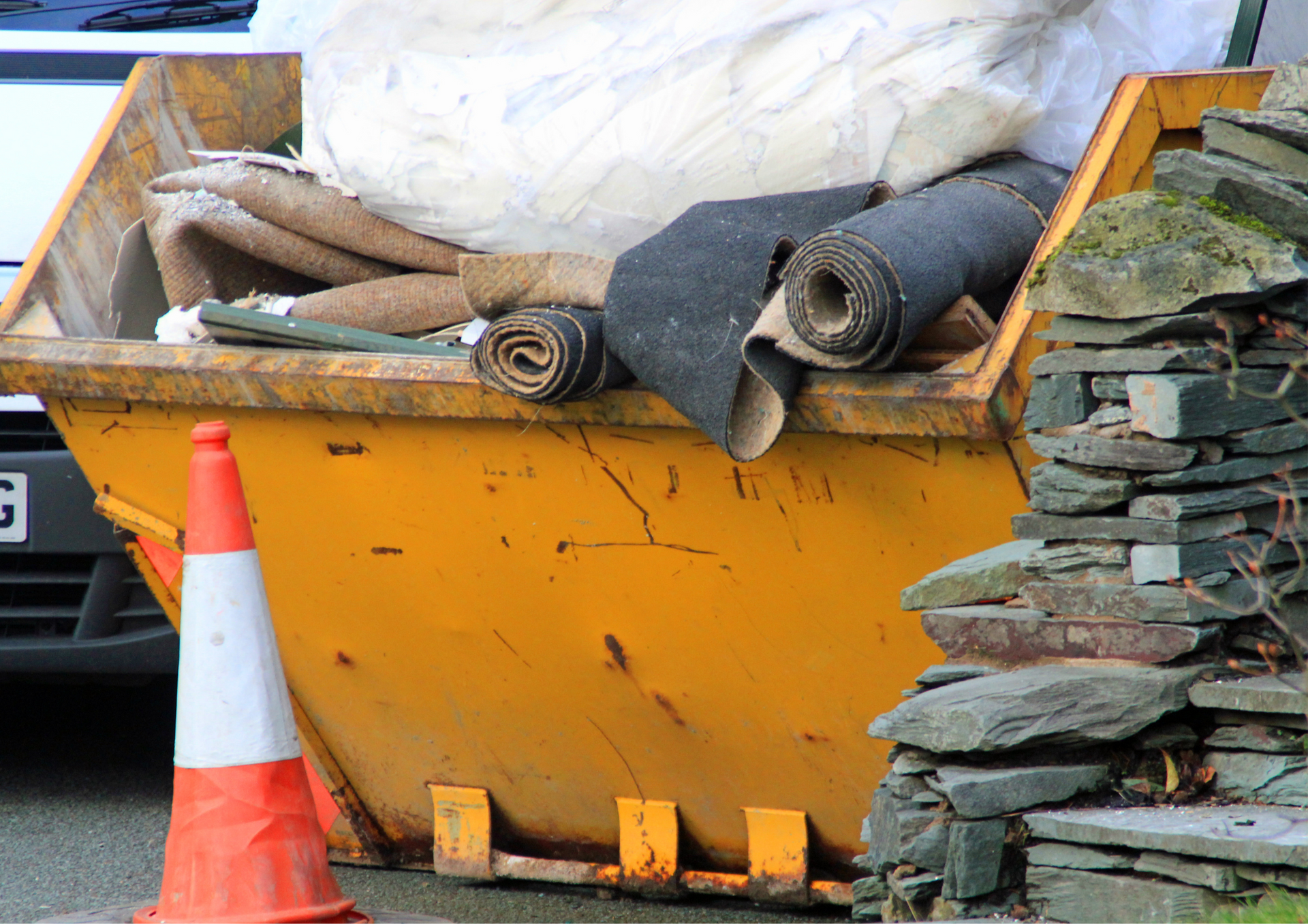How to Manage Waste Overflow When Your Skip Fills Too Quickly
Whether it’s renovations, construction work, or a major cleanout, skip hire offers an efficient way to manage waste. But if your skip starts overflowing before the job is complete, you could face delays, safety risks, and extra costs unless you act quickly.
This guide offers practical tips to manage excess waste, save time, stay compliant, and keep your project on track.
Assess the Volume and Type of Waste
The first step when dealing with excess waste is understanding exactly what you’re working with. Waste comes in many forms—construction rubble, old furniture, green waste, or mixed general rubbish—and each may require a different disposal method.
Make a quick inventory of what remains after your skip is full. If you’re left with bulky but lightweight items, such as cardboard packaging or old furniture, these may be handled differently from heavy building debris like bricks or soil. Understanding your waste profile can help you decide whether you need a larger skip, additional skips, or alternative collection options.
Some items, such as plasterboard, batteries, and certain electrical goods, require separate disposal due to environmental regulations. Sorting these early prevents contamination and keeps you compliant with local waste disposal laws.
Upgrade or Add Another Skip
Upgrading your skip hire not only removes the temptation to overload (which can be unsafe and illegal) but also saves time compared to repeated trips to the tip—a major advantage for tight-deadline projects like office moves or event cleanups.
When upgrading, consider the space available on your site—larger skips need more room for placement and for the lorry to collect them. Always check with your provider if you need council permits for on-road placement.
Explore Alternative Waste Removal Services
Sometimes, a skip isn’t the most practical option for the type or amount of waste you have left. For example, if you’ve already filled your skip with heavy materials, you may still have lighter items like garden waste or old household goods to dispose of.
This is where services such as skip bin hire near me searches can help you find local, targeted solutions. Many waste removal companies offer specialist collections for specific materials, from green waste pickup to furniture recycling. You could even combine different services—keeping your skip for building debris while arranging separate removal for recyclable or reusable materials.
Mobile rubbish removal teams are another alternative. They can collect waste directly from your property, often charging by volume, which may work out cheaper if you only have a small load remaining.
Reduce, Reuse, and Recycle Where Possible
When faced with excess waste, it’s worth taking a step back to see if everything truly needs to be thrown away. Adopting a waste reduction mindset not only lowers disposal costs but also benefits the environment.
Consider donating usable items, such as furniture, appliances, or construction offcuts, to charities or community projects. Scrap metal can often be sold or recycled, and timber offcuts may be repurposed for other building projects.
If you started with a small skip hire and now find it overflowing, separating recyclable materials can free up significant space. Many local recycling centers accept cardboard, plastics, and glass free of charge. By diverting these items from your skip, you may avoid the need for extra disposal services entirely.
Keeping Costs Under Control
Exceeding your skip capacity can lead to unexpected expenses, so it’s worth considering cost-effective disposal strategies. Opting for cheap skip bins from reputable providers can help keep your budget balanced, especially if you plan ahead and choose the right size from the start.
Booking early and comparing providers can also lead to savings, particularly if you’re flexible with delivery and collection dates. Some waste companies offer discounted rates for off-peak collections or for skips placed on private land.
Choosing the Right Service for Your Needs
For those working on large-scale projects, local skip hire is often the most convenient choice. Local providers typically have shorter wait times, better knowledge of council regulations, and more flexible collection schedules, making them ideal when unexpected waste volume occurs.
Being able to communicate directly with a nearby provider also means you can get advice tailored to your project and location, ensuring your waste is handled legally and efficiently.
Dealing with more waste than your skip can handle doesn’t have to derail your project. By assessing your waste type, upgrading your skip size, exploring alternative disposal options, and adopting waste reduction practices, you can manage overflow effectively and keep your site safe and compliant.
With the right approach, you can avoid unnecessary costs, protect the environment, and maintain your project’s momentum—whether you’re renovating your home, managing a construction site, or organizing a major event.
At
Skip Hire Kettering, we understand that waste management is not a one-size-fits-all solution. Our team offers flexible
skip hire options, from small domestic skips to large industrial containers, ensuring you always have the right capacity for your needs.
We pride ourselves on prompt delivery, fast swaps, and responsible disposal practices that meet all UK waste regulations. Whether you need last-minute upgrades, advice on waste separation, or competitive rates, we’re here to make your waste management experience as smooth and stress-free as possible.
New update on X: How to manage waste overflow when your skip fills too quickly –
skip hire tips!




